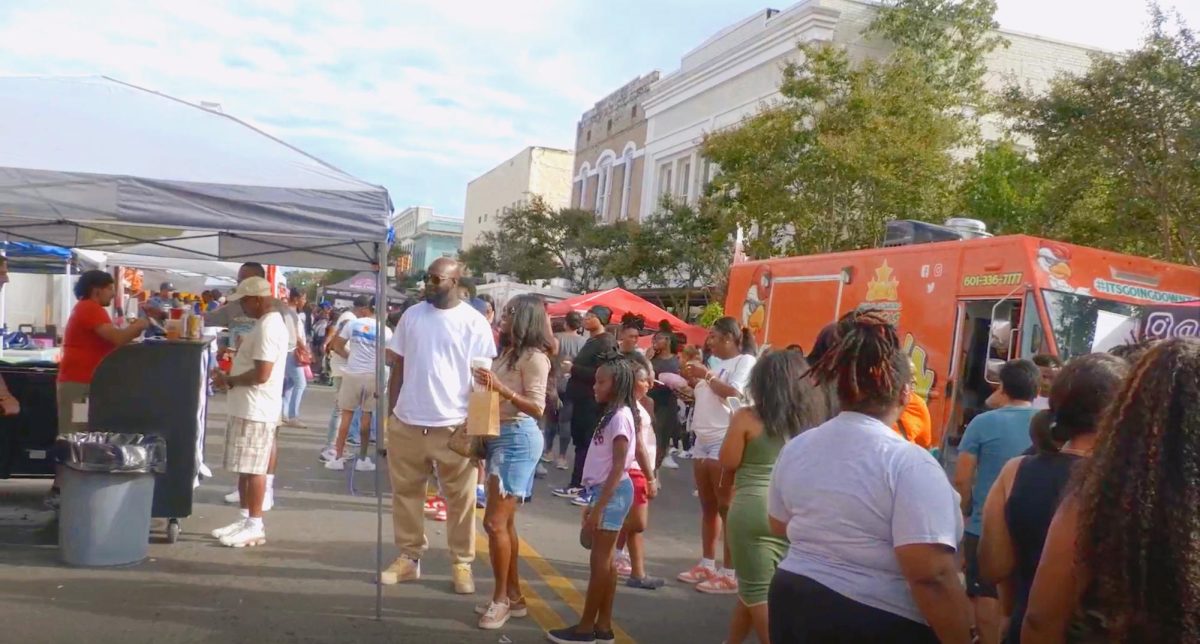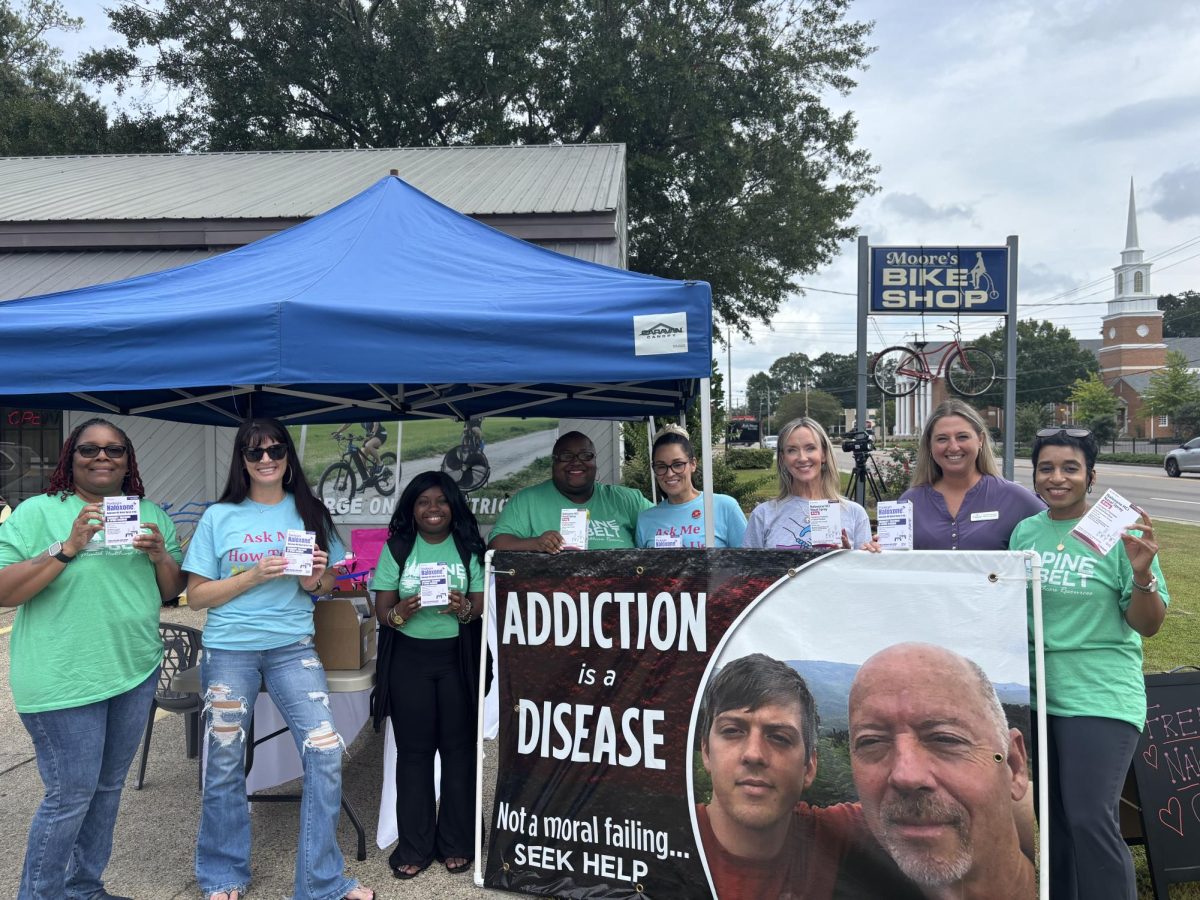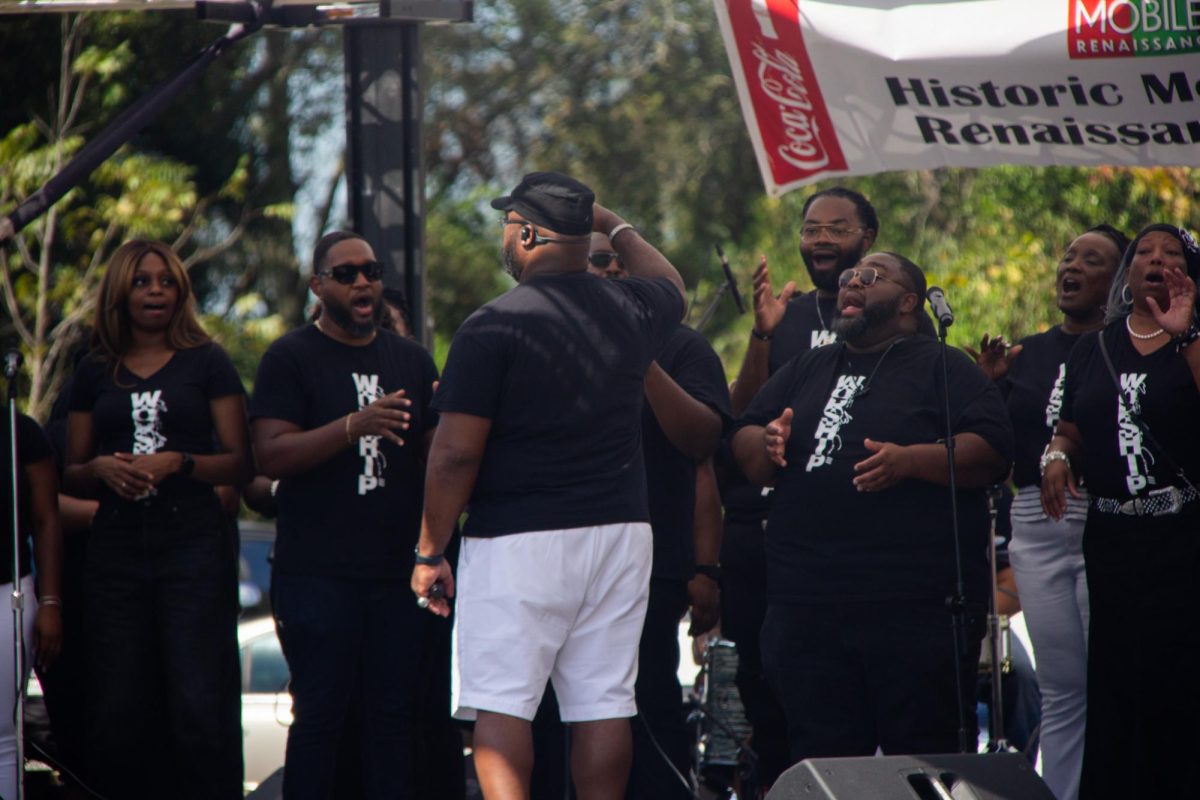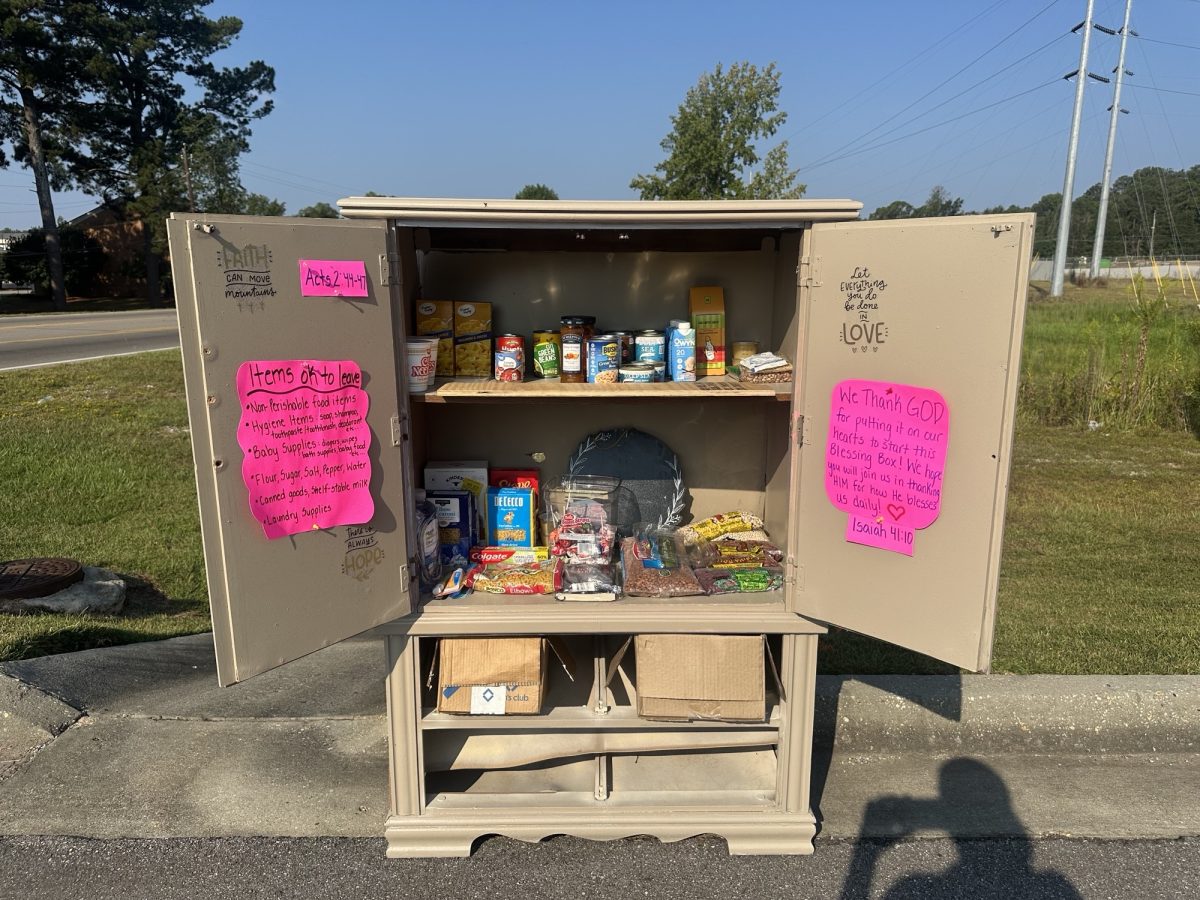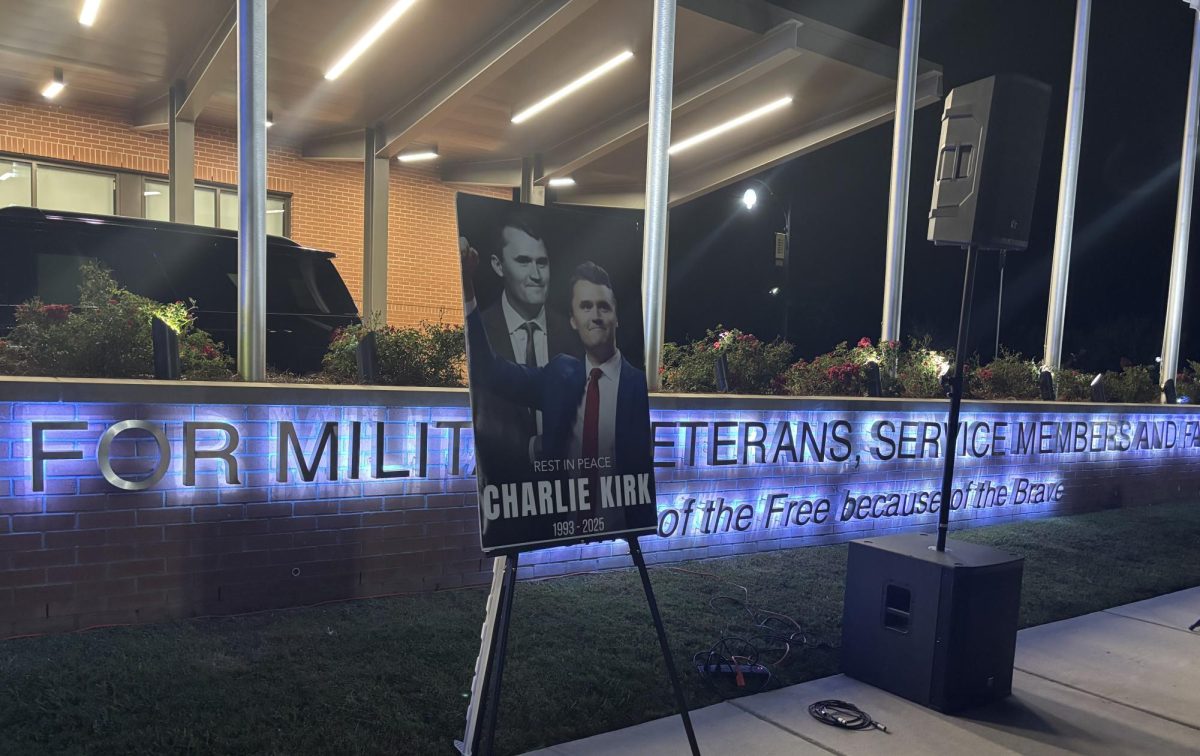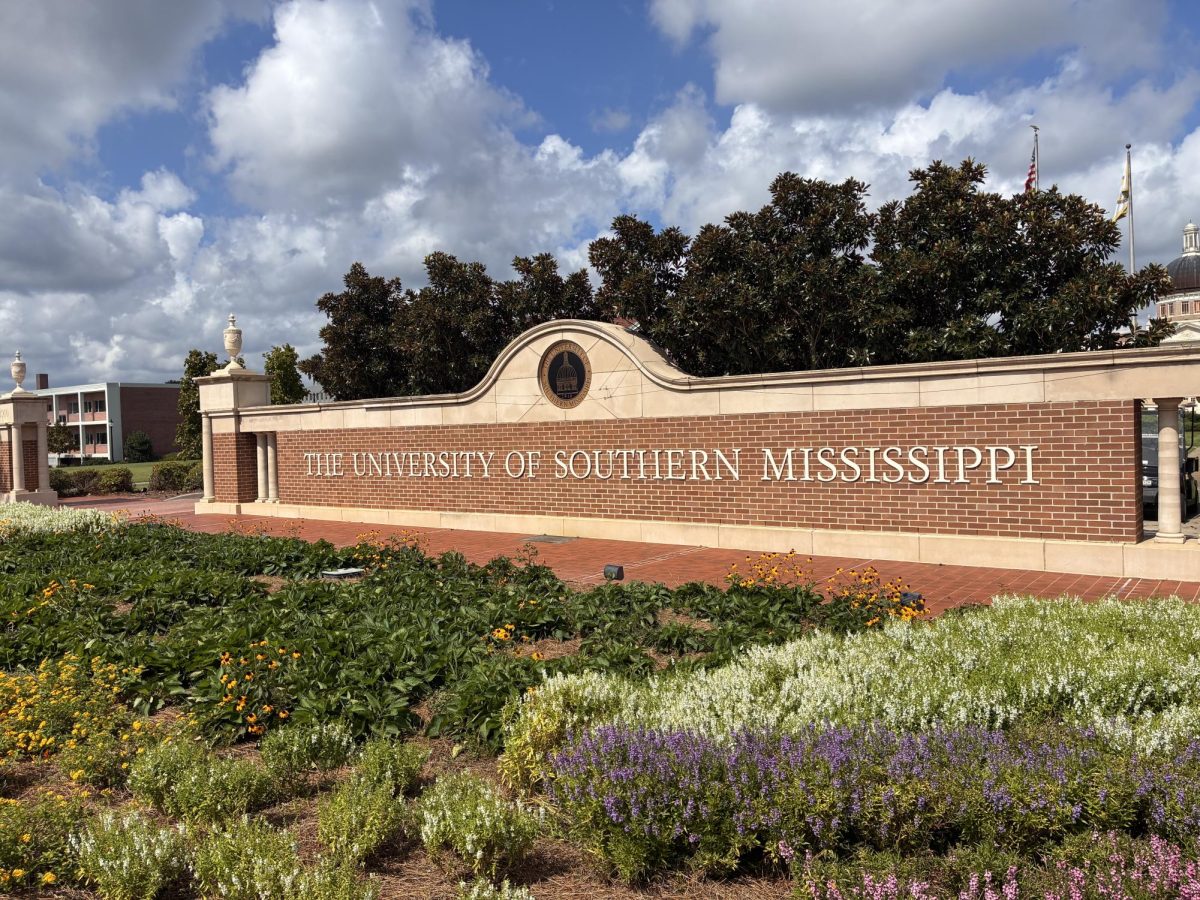On March 4, veteran civil rights leader Bob Moses sat down with students and professors to open the Freedom Summer Dialogue at the Hattiesburg Cultural Center.
The University of Southern Mississippi collaborated with Hattiesburg to commemorate the 50th anniversary of Freedom Summer. This event was not just a celebration, but a continued conversation about civil rights in Mississippi and educational concerns within the state.
One Voice special coordinators Amber Thomas and Charles Taylor of Jackson State University opened discussion about an education ballot initiative that makes free public education a constitutional right for all children K-12 and proposes a formula to fully fund the Mississippi Adequate Education Program.
Precious Vines and Brandon Taylor, graduate assistants for the Council of Federated Organizations at Jackson State University, are raising awareness for the lack of an affirmative right to vote on the U.S. Constitution.
Dialogue about the education ballot initiative was led by Charles Taylor, who produced statistics to prove Mississippi public schools were being grossly underfunded.
“In the 2014 budget year alone, MAEP was underfunded by $293 million and teaching positions were cut,” said Sara Miller, senior policy analyst for the Mississippi Economic Policy Center.
The obvious lack of funding is coupled with students’ frustration with the educational system. Many believe teaching is an underpaid profession, creating a network of dispassionate educators.
Hattiesburg High School students also agreed that standardized testing is a burden on both teachers and students. They feel it takes the curriculum out of the hands of their educators and creates an impersonal atmosphere.
“Our school cares more about our test scores than about who we are,” said Sarah Kavanagh, a junior at Hattiesburg High. “So they get more money. But what are they spending that money on? These big flatscreen TVs that we don’t use.”
Taylor assured those present that supplementing the educational funding is only step one in a multi-step process.
“Sixty-seven percent of Mississippi citizens polled agreed this initiative should be on the ballot,” Amber Thomas said.
She believes strongly about creating a change in the Mississippi educational climate. “Education is an elixir for some of the ills in our state,” Thomas said.
The voting rights section of the Freedom Summer Dialogue also delved into education: educating the people about their rights, or lack thereof.
COFO members Vines and Taylor used the Second Amendment, which uses affirmative language, as a foil to the Fifteenth.
The Second Amendment states: “the right of the people to bear arms shall not be infringed.” Meanwhile the Fifteenth says: “the right of citizens of the United States to vote shall not be denied or abridged by the United States.”
Vines said the language of the Fifteenth Amendment should be altered to reflect affirmatively an absolute right for Americans to vote.
Restoration of prisoners’ voting rights was also almost unanimously agreed on. Charles Davis, an attendee of the Freedom Summer Dialogue, suggested rekindling projects like the one he undertook in 1998, when he brought voter registration into prisons.
Many prisoners lack understanding of their rights. Workshops in prisons to educate them on their options and special voter registration campaigns were some of the things discussed during the dialogue.
Also, this year 10 states including Mississippi will be requiring citizens to present photo identification to vote. Members of COFO plan to poll citizens upon voting to gauge the discrepancy between those that have voted in the past and those that could not due to this new law.
They hope to prove that this constitutes as voter discrimination and that, as long as the language of the Fifteenth Amendment goes unchanged, the door for discrimination will always be open.
Moses, though revered and celebrated at the Freedom Summer Dialogue, only consistently spoke of these new civil rights issues. He is determined to continue a conversation he started way back in 1961, when he became director of the Student Non-Violent Coordinating Committee, followed by his organization for the Freedom Summer of ’64.
His closing remark was a bid to repeat after him the Preamble of the Constitution, ending a celebration of past victories and beginning an excitement for those to come.

























